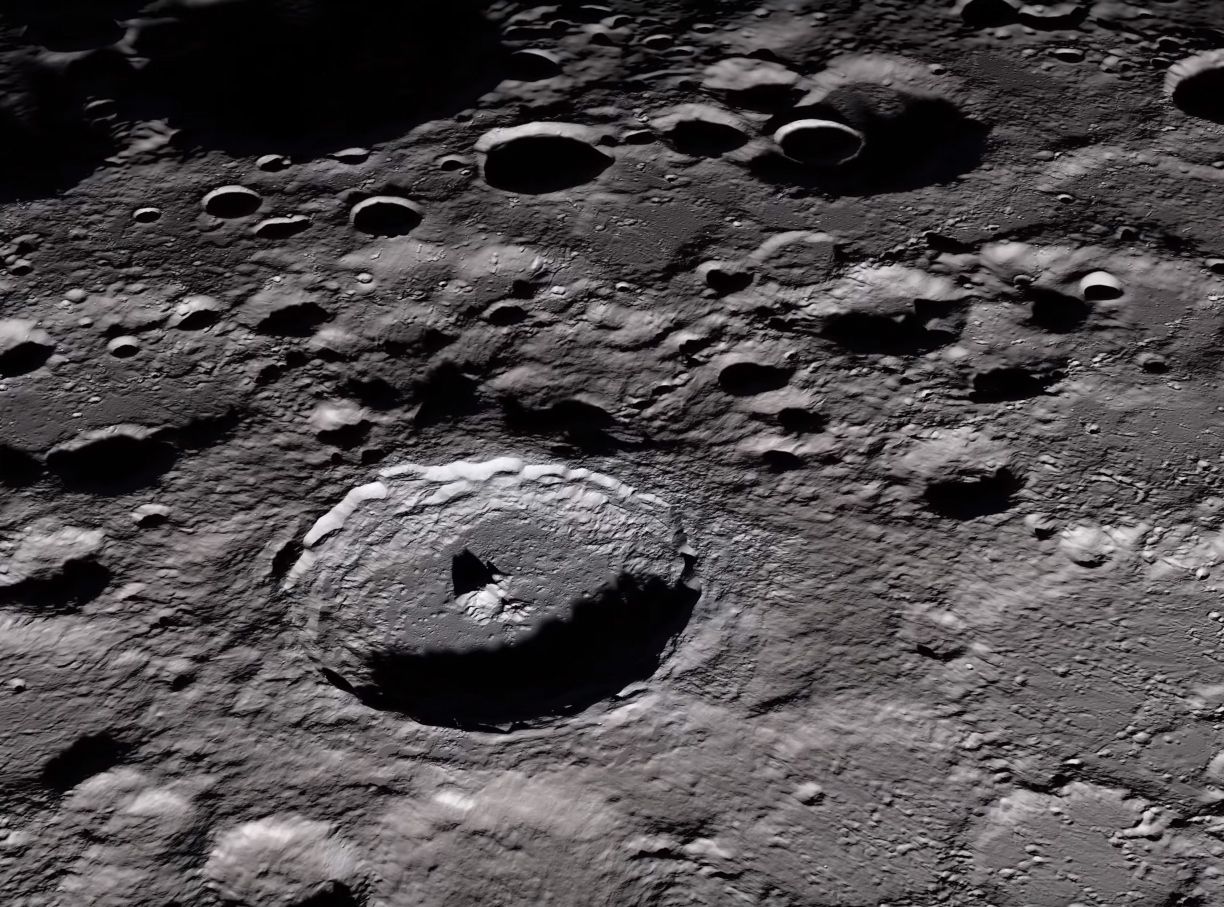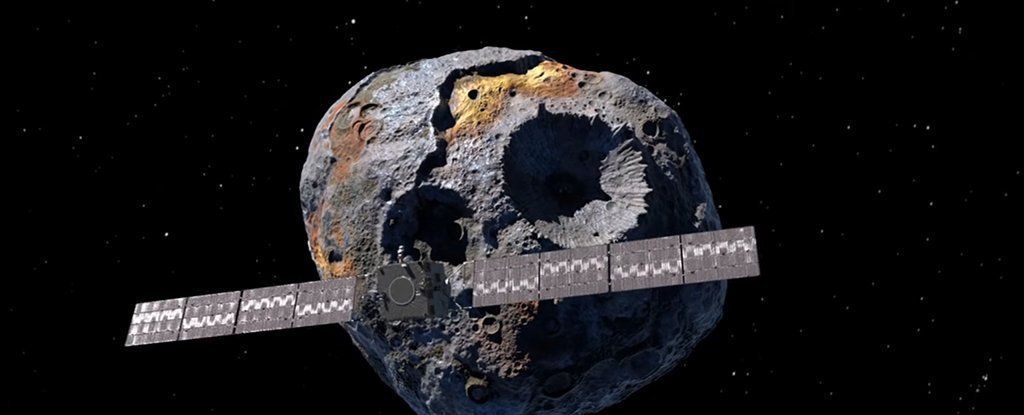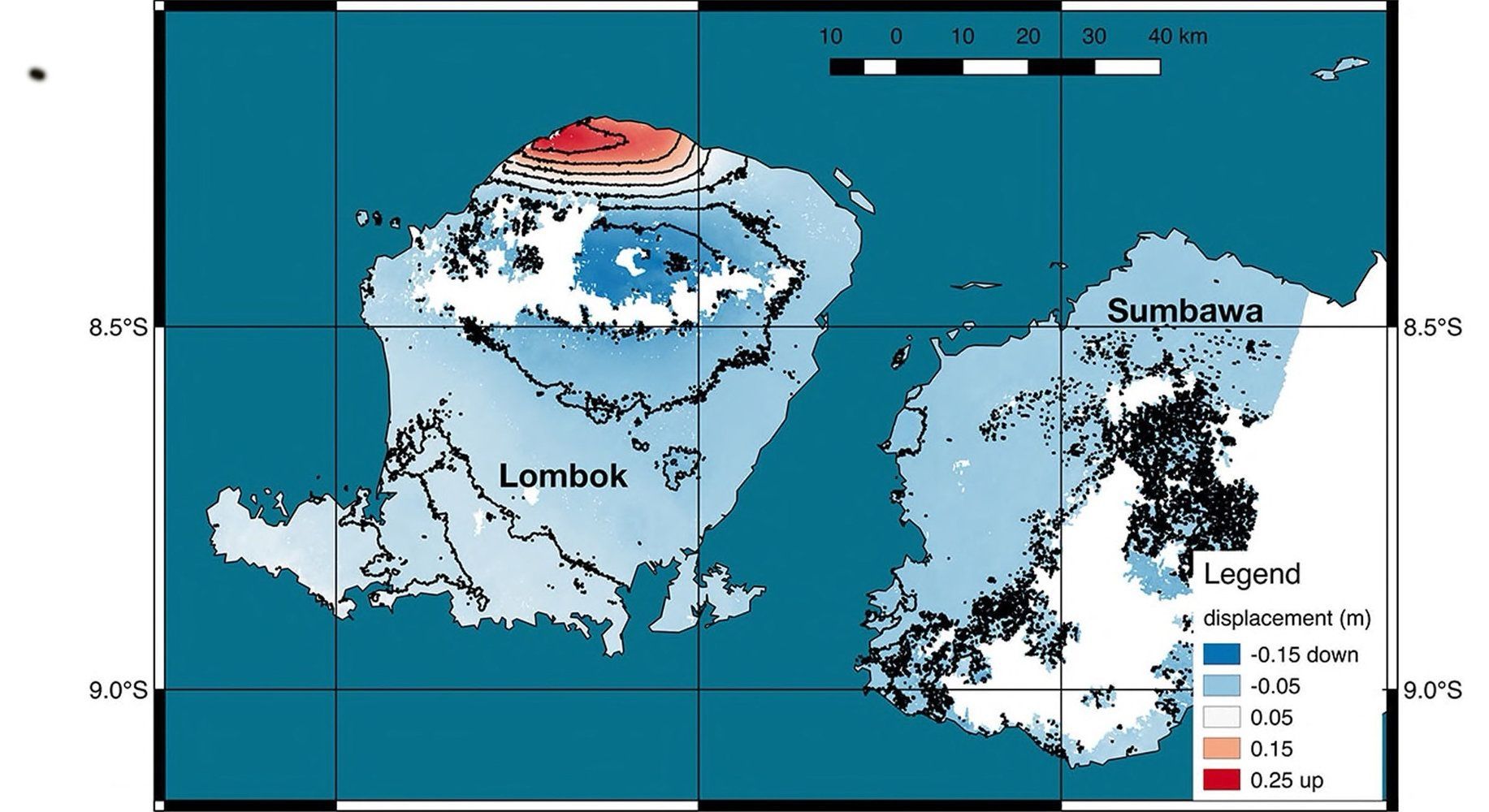The United States and Russia aren’t the only two nations working hard at realizing their space-faring dreams. China has quickly ramped up its high-flying ambitions in the past couple of decades and late 2018 will mark a real milestone for the country’s space program. The country just announced that it plans on launching a lunar rover to the far side of the Moon in December of this year.
The announcement comes via China’s state-run news agency CCTV, and China seems bullish on the prospect of being the first country to explore the far side of Earth’s moon with a robotic rover.
The mission, named Chang’e 4, follows in the footsteps of its predecessor (you guessed it, Chang’e 3) which saw a rover nicknamed “Jade Rabbit” land on the near side of the Moon back in 2013. That rover ran out of steam in August of 2016, and the model that will be flying to the far side is built largely of backup parts from the Chang’e 3 mission.





 NASA conception)
NASA conception) 